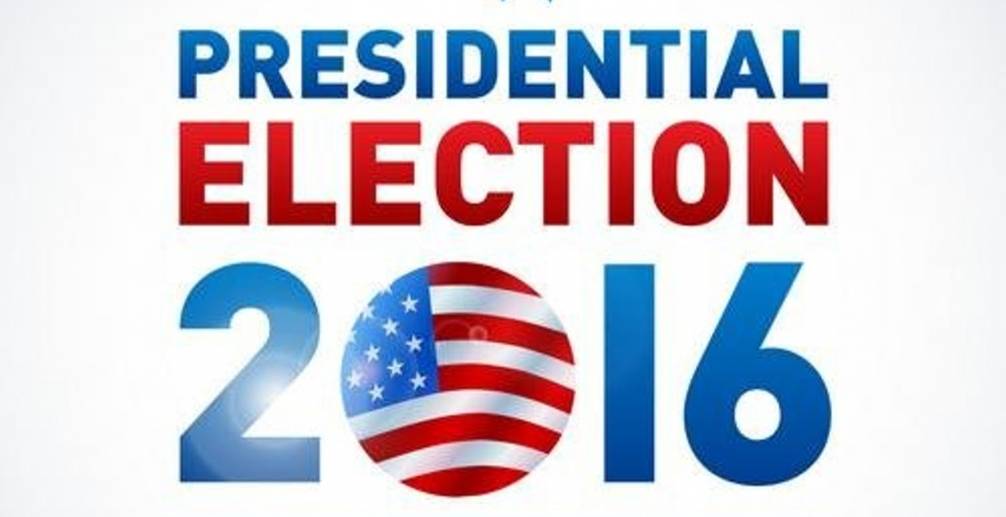
Well, it is over. After 18 months of acrimonious discussions, name-calling, claims and counter-claims, there is finally a decision. And this decision is very different from what had been expected for most of the campaign, with Donald Trump winning a major victory. The constitutional provision of the Electoral College has resulted in Trump winning the presidency while Hillary Clinton actually received more popular votes. This is at least the third time this has occurred in American history but makes the defeat more difficult for Democrats to accept. That said, constitutional change to move toward a directly elected president has been proposed for decades.
As well as the difficulties of political polling in the contemporary period, this election has demonstrated the huge chasms that exist between segments of American society. The major factors differentiating the voters for the two candidates were race and age. Donald Trump performed very well among white voters, regardless of income levels (although particularly strong among the less affluent). On the other hand, Hillary Clinton received a very large proportion of votes from those 35 and younger.
The geographical spread of voters for the two candidates was also marked. Democratic voters were concentrated on the two coasts, while the deep south and the middle of the country were deep red – signifying control by Republicans. Likewise, the vote for Hillary Clinton was concentrated in urban areas and to some extent in the more affluent suburbs of large cities. This geographical separation of voters for the two candidates, and the two political parties more generally, exacerbates the divisions within the country. Many voters only talk to others like themselves, rather than engaging in a dialogue with citizens with different views.
The very high level of turnout was one of the most important factor in the election. Millions of citizens who might not usually vote stood in lines for hours to vote for Donald Trump. The Clinton campaign did a good job in getting their voters to the polls, but their efforts were overwhelmed by unexpectedly high levels of turnout of Trump supporters. Even if one does not like the outcome of the election, the high levels of participation have to be considered a positive sign for democracy.
The election is now over, but the demand for governing has only begun. The problem that a Trump administration will be facing is attempting to achieve a number of policy goals that may well be beyond their control. For example, the promise to return large numbers of manufacturing jobs to the Rust Belt is almost certainly impossible, even if manufacturing were to grow, much of the work would be performed by robots and other forms of automation. Likewise, building a wall between the United States and Mexico – and especially to have Mexico pay for it, seems to be unlikely. And while it may appear easy to repeal the Affordable Care Act (Obamacare), the filibuster in the Senate may prevent any rapid repeal. And politically eliminating health insurance from 20 million people may be extremely difficult unless there is a program available to replace that coverage.
The danger is that having raised expectations among millions of citizens, the high hopes can not be fulfilled. Indeed, there is a distinct possibility that the policies advocated by Trump during the campaign will hurt low income people and actually cost jobs in the long run. This sort of outcome can only further the alienation of those voters. If indeed a more protectionist policy is adopted the prices for imported goods will increase, and exports may decrease, harming the very people the policy was presumed to benefit.
These are still early days. So many rather vague policy ideas were thrown around during the campaign that it is difficult to know what will be implemented. What is clear, however, is that a large number of Americans have high hopes for this administration (just as many others are extremely depressed by it) and these expectation will be difficult to fulfill.
~~~
